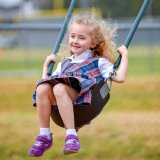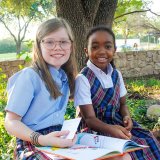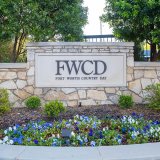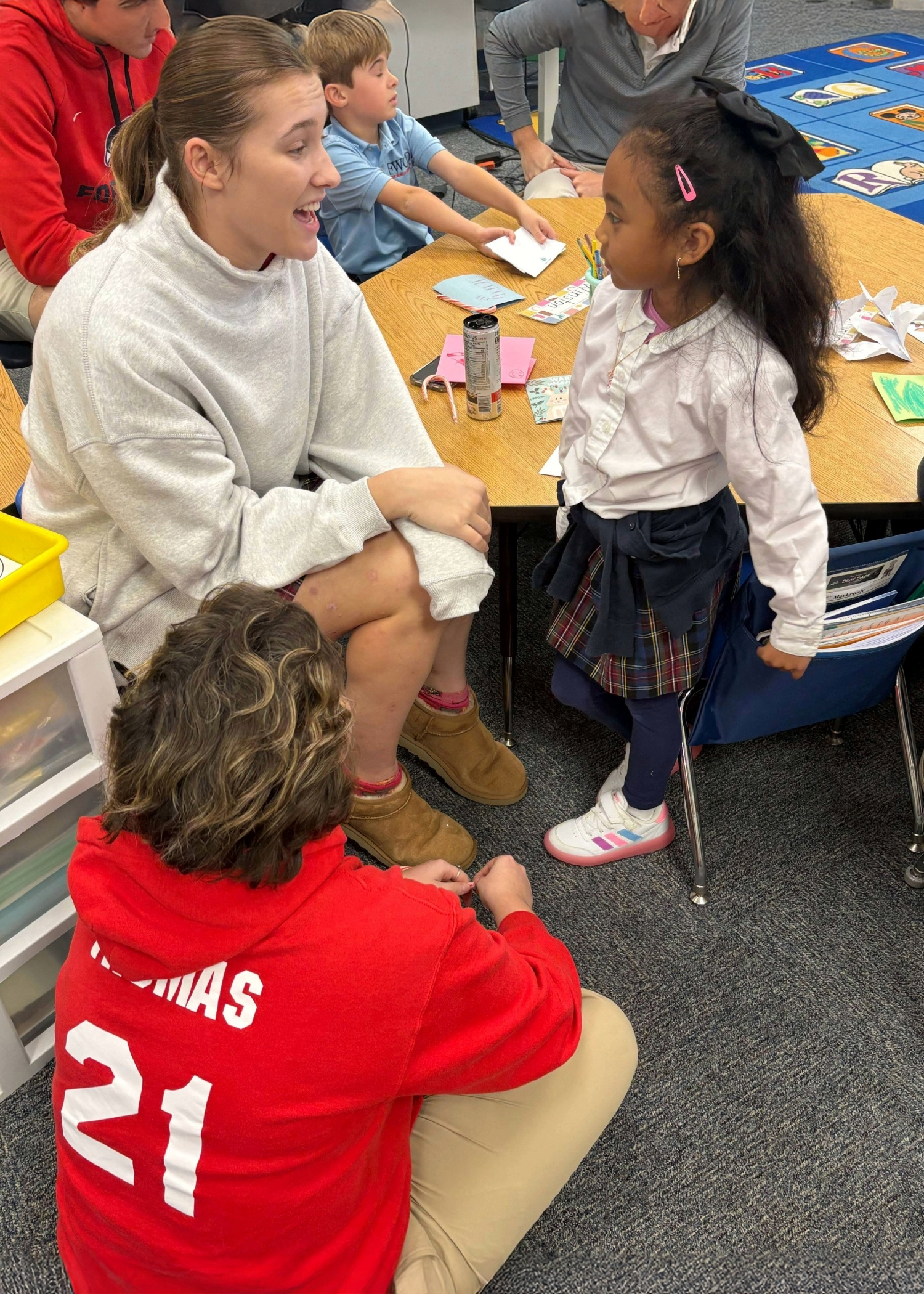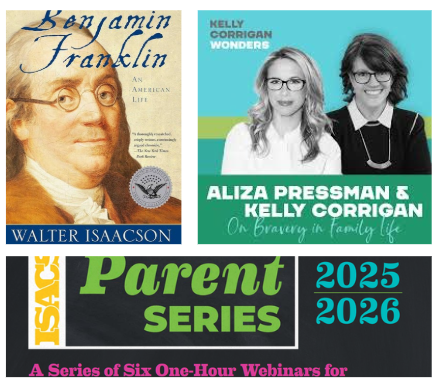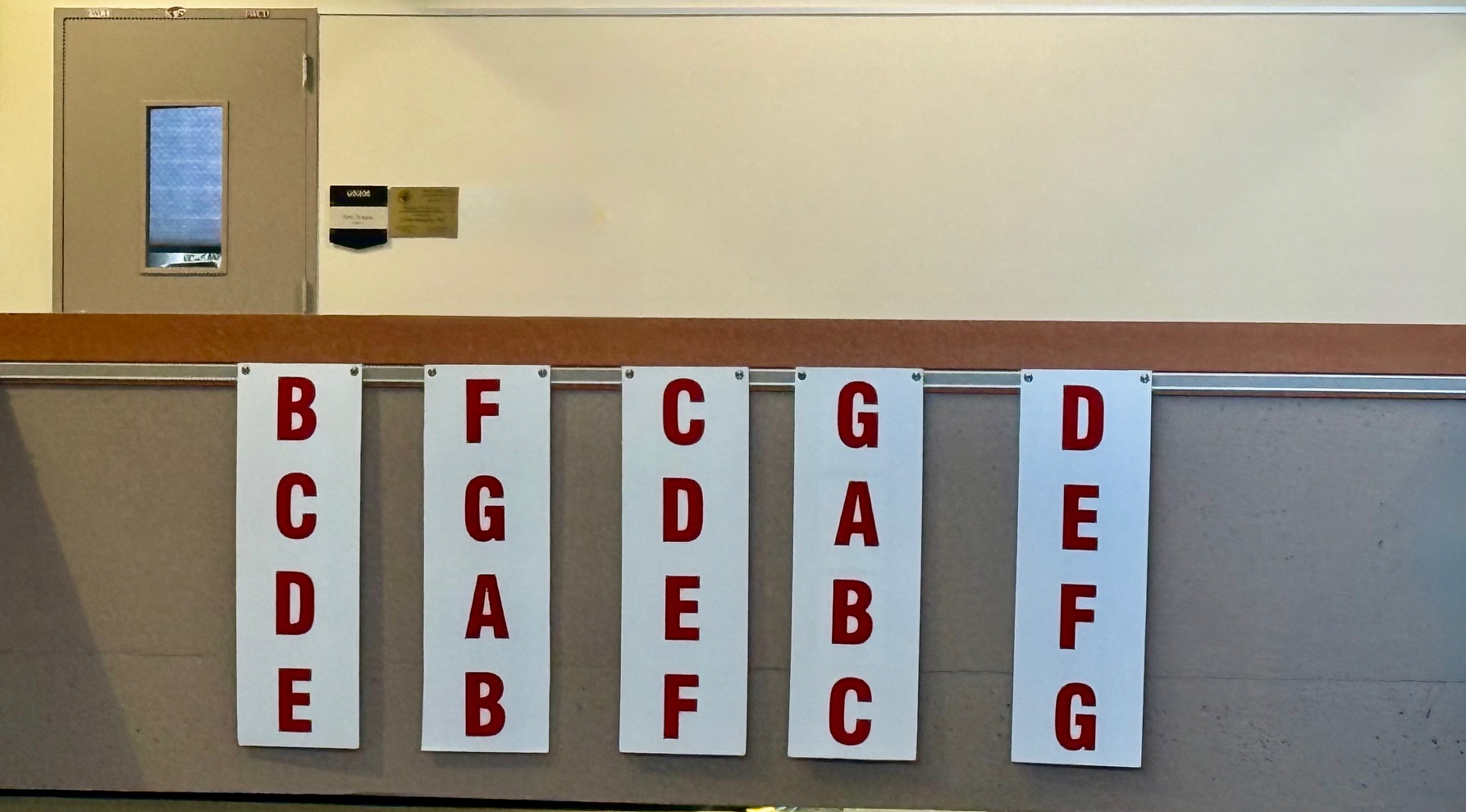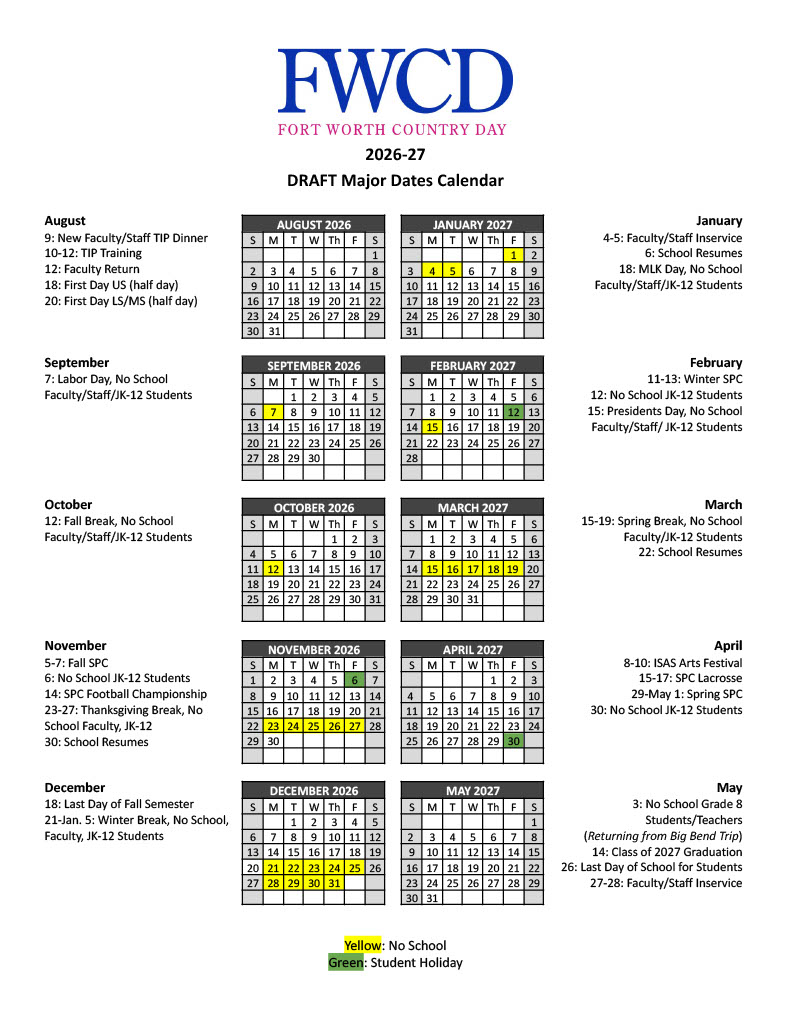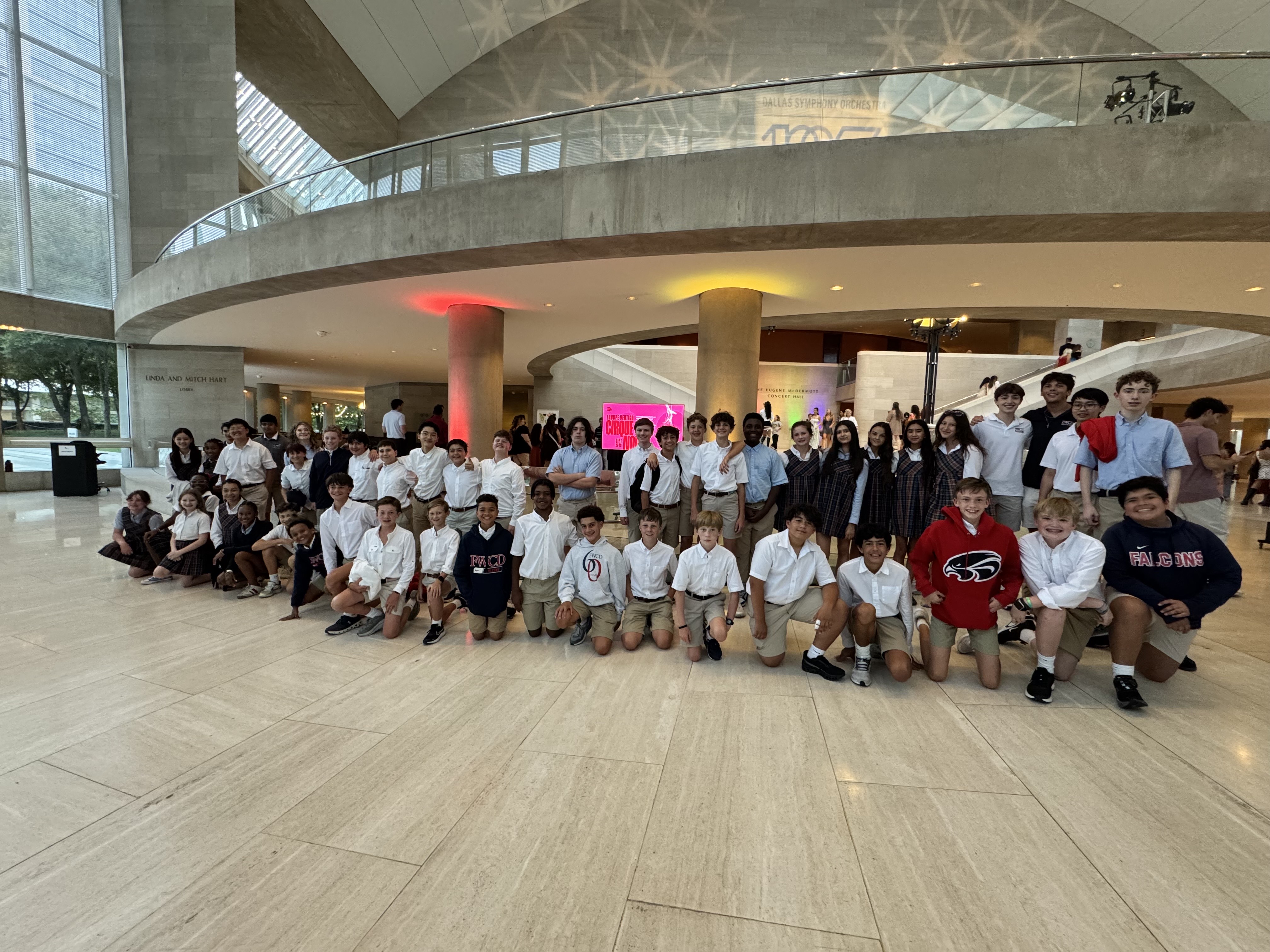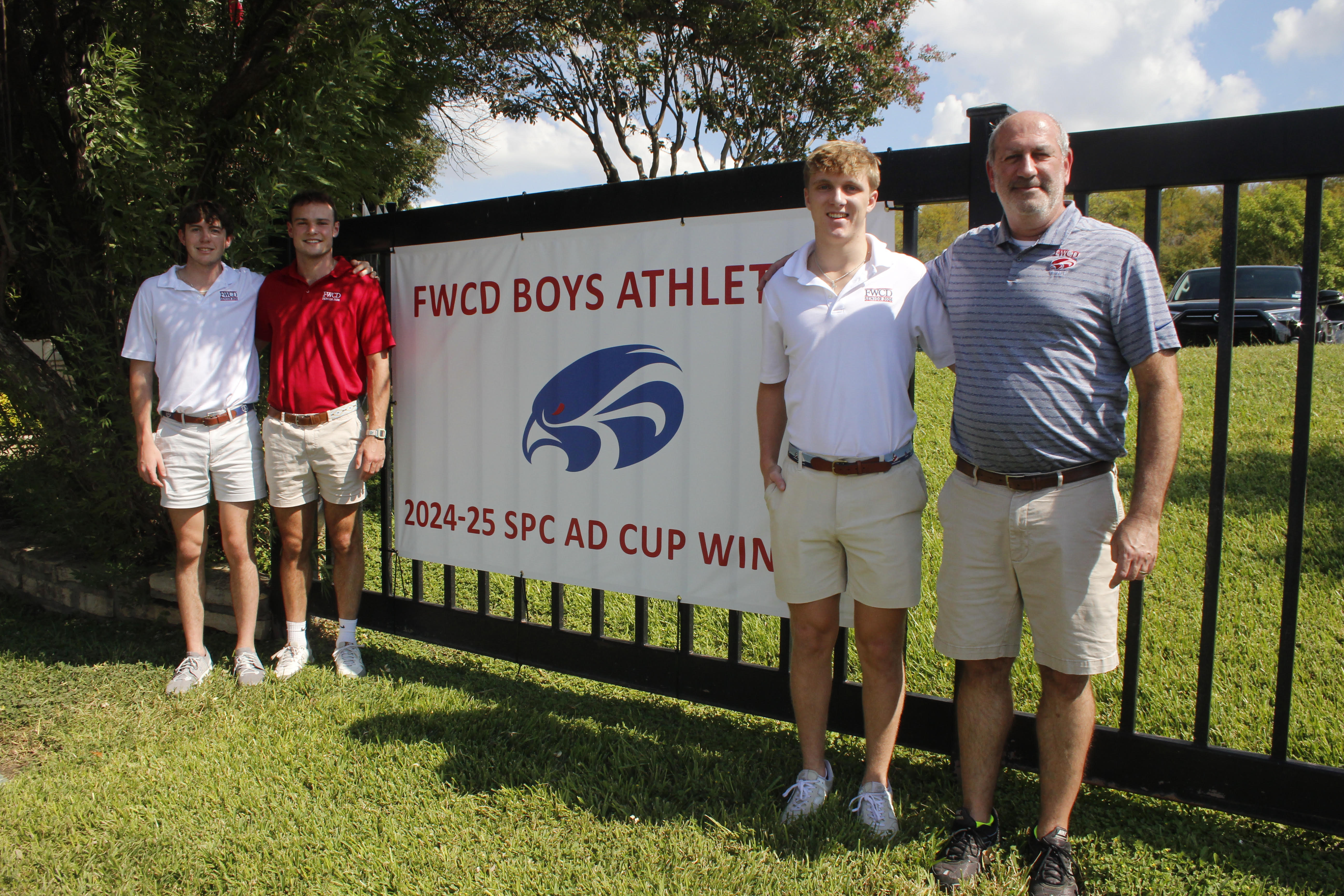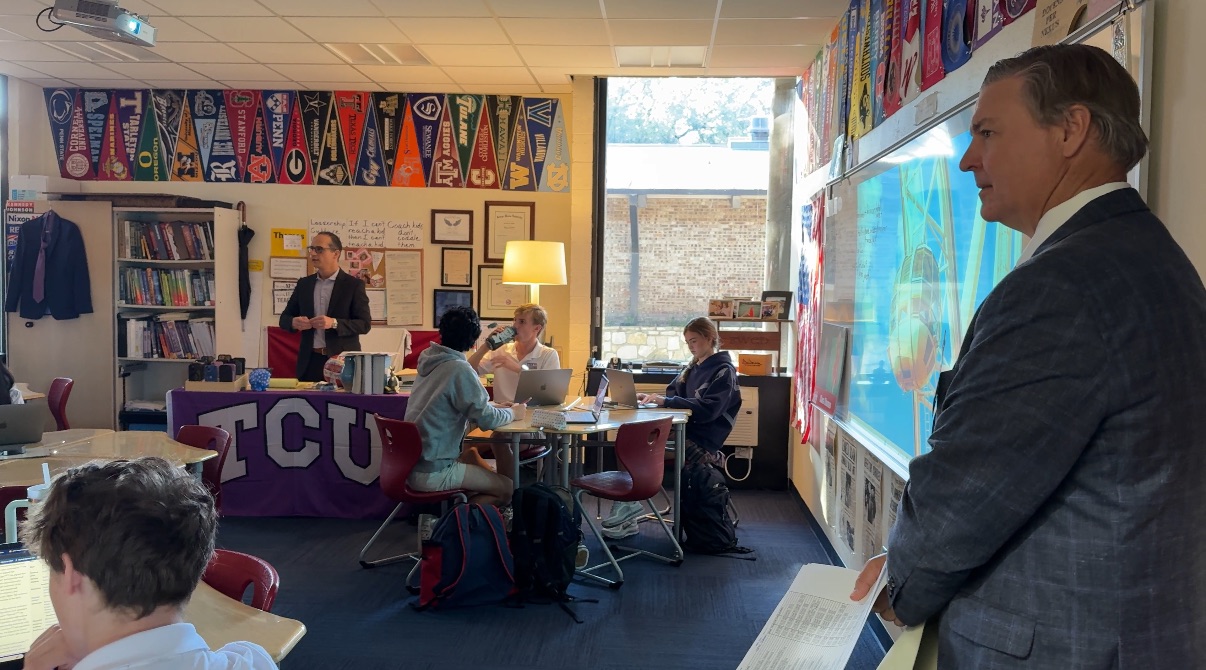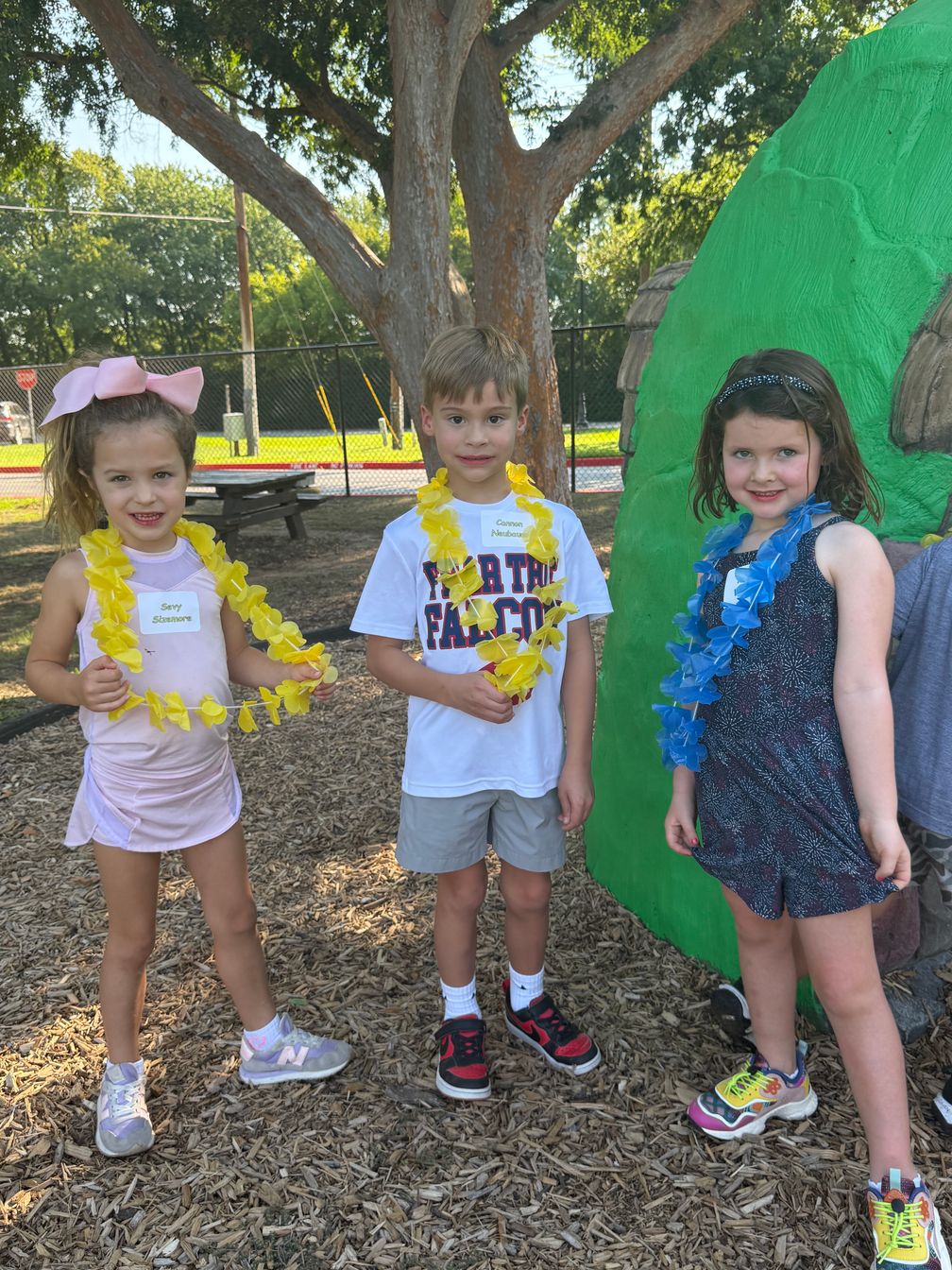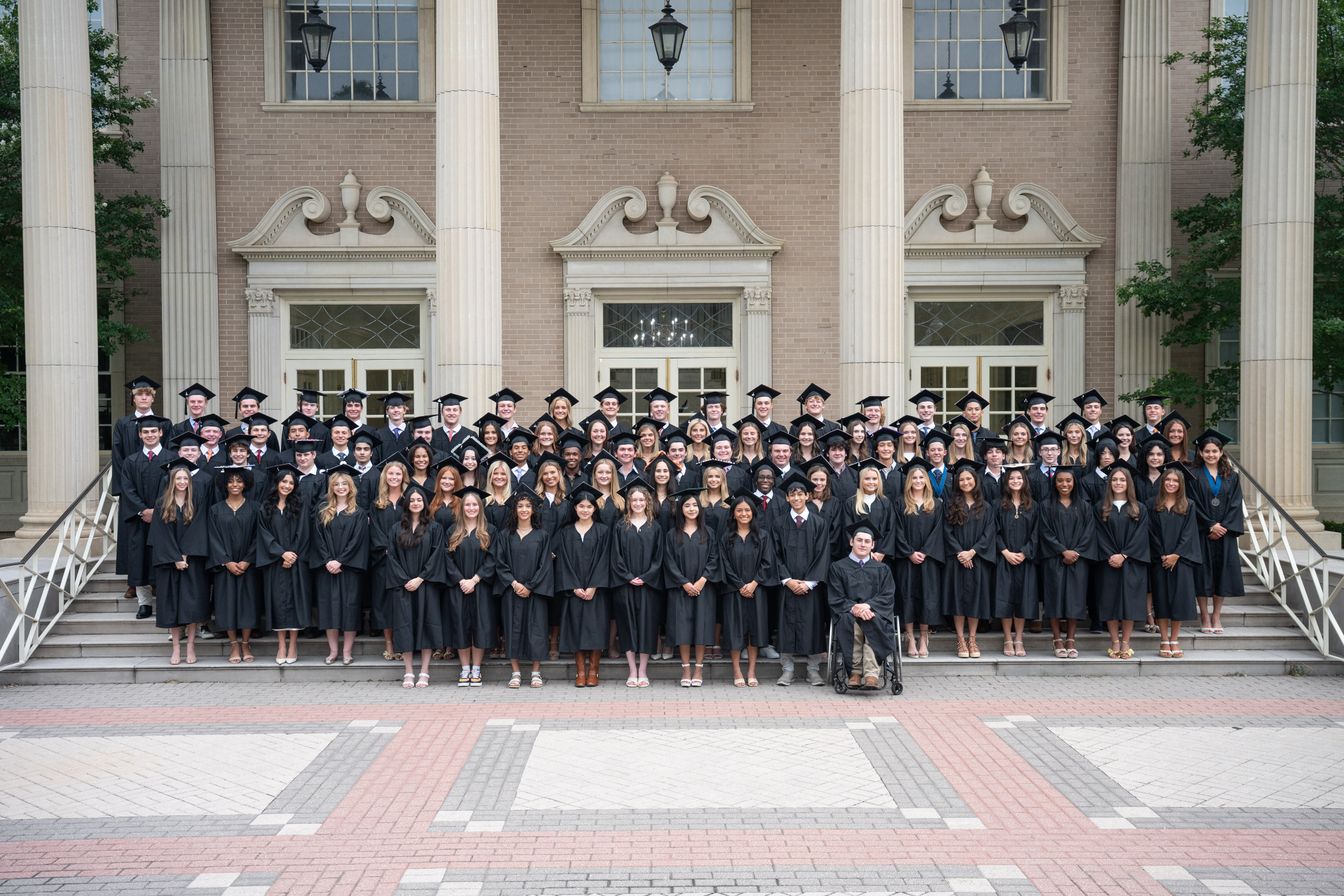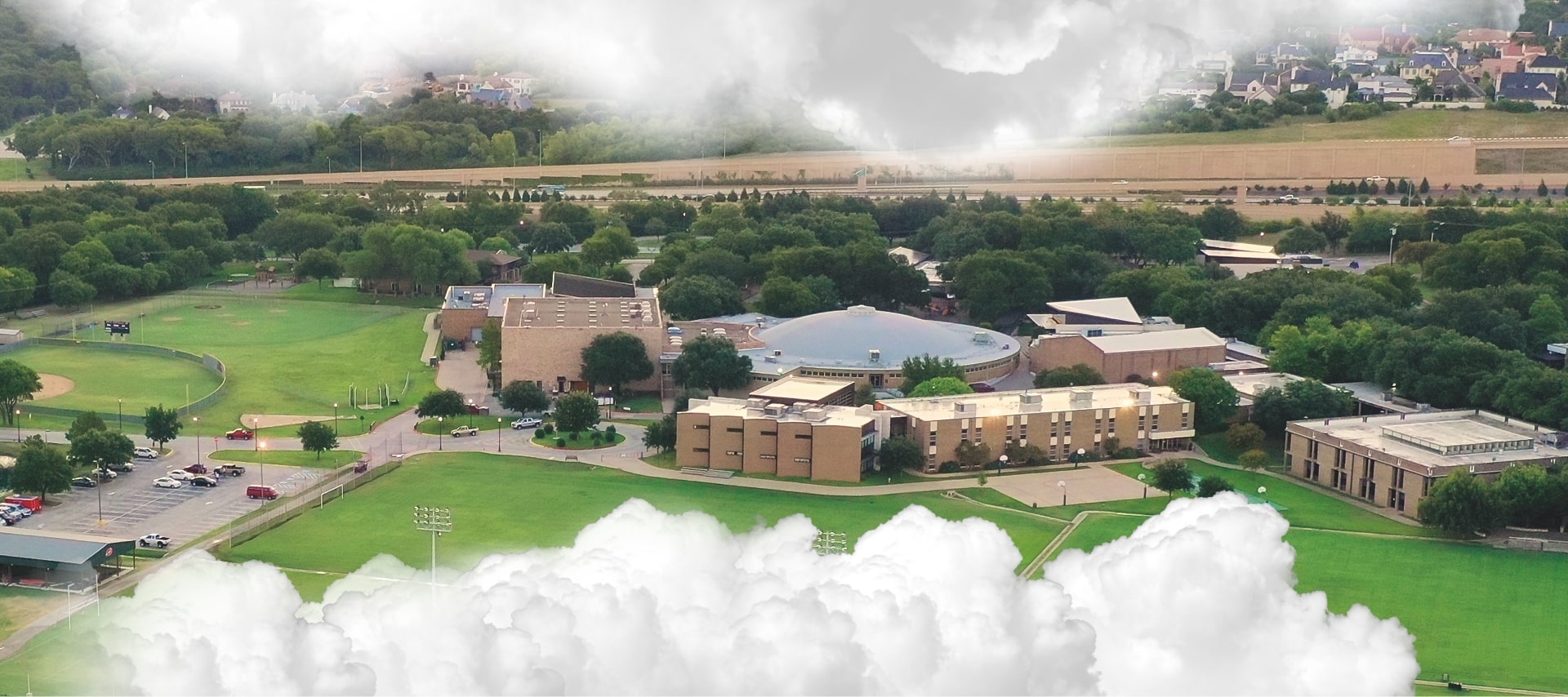Year 40: Fresh, Not Stale

My 11th year at Fort Worth Country Day marks the 40th year since I went from being a college student majoring in history in May to, in August of 1985, being a classroom teacher and coach at the Casady School in Oklahoma City. Surrounded as I am by superb educators, I expect myself always to be drawing on past experience while accessing the latest substantive ideas and innovations.
I have said for most of my four decades as an educator that I prefer to have others do the bleeding on the true cutting edge, while my colleagues and I study those changes and implement only the most worthy. In these monthly Notes from the Head in 2025-26, I plan to include regular reflections on some of the changes I have witnessed over those years.
Acknowledging countless innovations in style and substance, along with the creation of incredible resources and tools, and including the always-progressing research on pedagogy, the most important observation I have about JK-12 education over the last 40 years is simple: learning at schools is most importantly about good teachers inspiring and challenging students.
Our Division Heads, Trey Blair, Stephen Blan, and Peggy Wakeland, through May, and Abby Abbott, since May, have done the most important work in supporting, or in about 15 cases, finding and hiring teachers who are inspiring and challenging. I hope you will read here about the new faculty and staff joining FWCD this year.
Our newest teachers and support staff, like the colleagues they have joined, come to the 2025-26 school year armed with information that represents one of the changes I would highlight from a 40-year educational retrospective: We all know so much more about the different types of learners we have in our classrooms today than we did in 1985.
As FWCD begins its 63rd year, Assistant Head of School for Student Services and Academics Amy Witten leads the team of Academic Support Coordinators beyond the classroom, which includes Teresa Hoppe, Melissa Hickman, and Mallory Sample (part-time) in the Lower School and Laura Ferguson in the Middle School. In the Upper School, Dr. Witten and Mrs. Abbott are themselves meeting with the families of students with learning differences and designing success plans for the student. Dr. Witten also carries responsibility for the full faculty being educated on the different sorts of learners our classrooms have and different strategies for supporting those learners.
The faculty lounge I walked into as a rookie in 1985 did not have a Learning Specialist, and it did have conversations about high-aptitude, hard-working students who just were not cutting it.
“Accommodations” in 1985 were more likely to be eyeglasses than, for instance, extra time for the diagnosed slow processor. New since 1985 is the whole notion of thinking that a child with major attention issues or with dyslexia could be every bit as smart as the traditional learner. Over my 40 years, we have learned ways of supporting different learners. Still, not all schools can effectively educate all students. In my first 10 years at FWCD, thanks to a lot of professional development work and dedicated educators working with diagnosed kids, we continue to enhance our approaches to different sorts of students. When we are not the right place for a learner, we hope to help a family find the best possible environment for their child. Since 1985, educators have gotten exponentially better at knowing and guiding the variety of learners that come our way.

